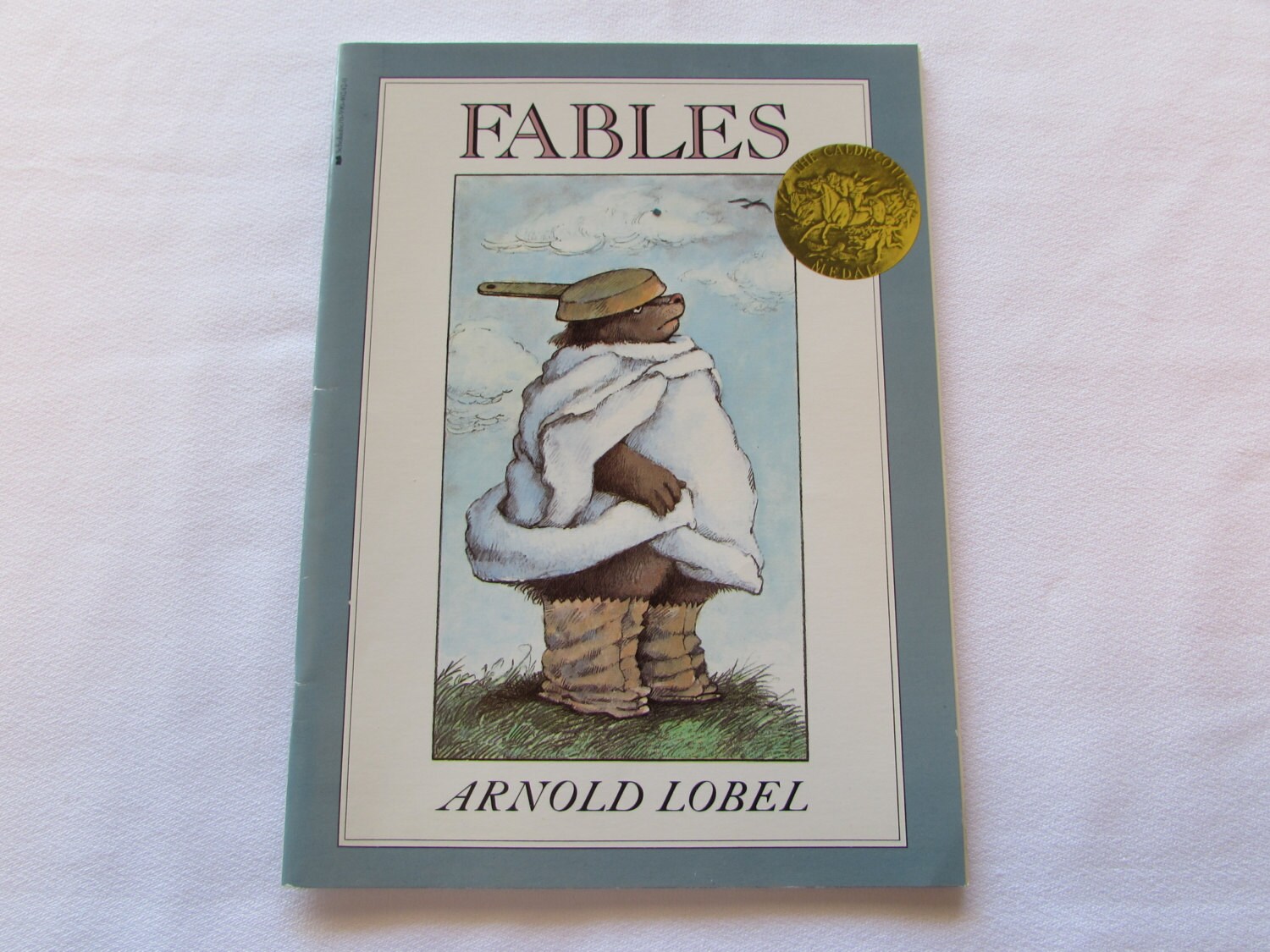
It is produced in order to make clear the company's particular way of understanding and rendering the story. A fabel is a piece of creative writing, usually made by a dramaturg or the director, that summarizes the plot of a play in such a way as to emphasize the production's interpretation of that play-text. A practical tool Īs a practical tool, fabels form part of the process of engaging with a play-text undertaken by a company when mounting a production of a play.

Analyzing a play in this way presupposes Brecht's recognition that every play encodes such attitudes "for art to be 'unpolitical'", he argued in his " Short Organum for the Theatre" (1949), "means only to ally itself with the 'ruling' group". Brecht refers to this aspect of a play as its Gestus.

Thirdly, a fabel analyzes the attitudes that the play appears to embody and articulate (in the sense of the author's, the characters' and, eventually, the company's). It also includes an analysis of the semiotic fabric of the play, recognizing that it "does not simply correspond to actual events in the collective life of human beings, but consists of invented happenings he stage figures are not simple representations of living persons, but invented and shaped in response to ideas." This includes the play's dramatic structure and its formal shaping of the events portrayed. Secondly, a fabel analyzes the plot from a formal and semiotic perspective. For example, in relation to Brecht's play Man Equals Man (1926), Wright argues that "he fabel of this play centres on the transformation of an individual through his insertion into a collective." In an epic production, this analysis would focus on the social interactions between the characters and the causality of their behaviour from a historical materialist perspective the fabel summarizes "the moral of the story not in a merely ethical sense, but also in a socio-political one". A critical term Īs a critical term, a fabel includes three interrelated but distinct aspects: firstly, an analysis of the events portrayed in the story. Elizabeth Wright argues that it is "a term of art which cannot be adequately translated". It is a dramaturgical technique that was pioneered by Bertolt Brecht, a 20th century German theatre practitioner.įabel should not be confused with ' fable', which is a form of short narrative (hence the retention of the original German spelling in its adoption into English usage).

A Fabel is a critical analysis of the plot of a play.


 0 kommentar(er)
0 kommentar(er)
